Filter by
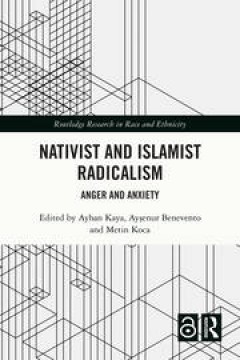
Nativist and Islamist Radicalism
ABSTRACT This book analyses the factors and processes behind radicalisation of both native and self-identified Muslim youths. It argues that European youth responds differently to the challenges posed by contemporary flows of globalisation such as deindustrialisation, socio-economic, political, spatial, and psychological forms of deprivation, humiliation, and structural exclusion. The book …
- Edition
- -
- ISBN/ISSN
- 9781003309840
- Collation
- -
- Series Title
- -
- Call Number
- -
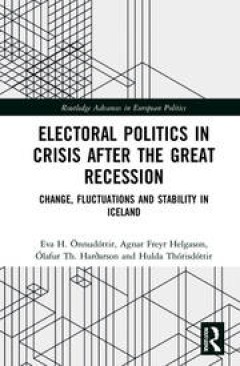
Electoral Politics in Crisis After the Great Recession
ABSTRACT This book examines to what extent politics in Iceland have been transformed in the aftermath of the 2008 financial crisis. The book focuses on whether the short-term sudden shock caused by the Great Recession has permanently transformed politics, political behaviour and the Icelandic party system or whether its effect was primarily transitory. These questions remain highly relevant…
- Edition
- -
- ISBN/ISSN
- 9780429436345
- Collation
- -
- Series Title
- -
- Call Number
- -

Law, Ecology, and the Management of Complex Systems
ABSTRACT This book addresses the role of law in the adaptive management of socio-ecological systems. Recent years have witnessed a rise in discussion over the relation between adaptivity and law, as if after decades of insouciance, legal scholars have finally started to understand the impacts of the scientific paradigm called ‘adaptive management’ on the legal sphere. Even though the co…
- Edition
- -
- ISBN/ISSN
- 9781003197829
- Collation
- -
- Series Title
- -
- Call Number
- 370
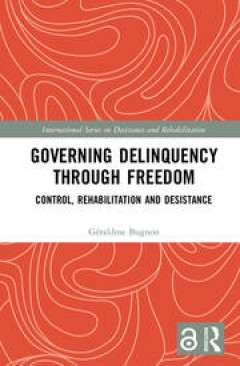
Governing Delinquency Through Freedom
ABSTRACT This book analyses the non-custodial government of young offenders in two major cities in Brazil. In doing so, it delves into the paradox of an institution exerting control over youths while at the same time promoting their autonomy and responsibility. The study sheds light on the specific logics of power, control, and inequality produced by such institutional settings. The book’…
- Edition
- -
- ISBN/ISSN
- 9780429466175
- Collation
- -
- Series Title
- -
- Call Number
- -
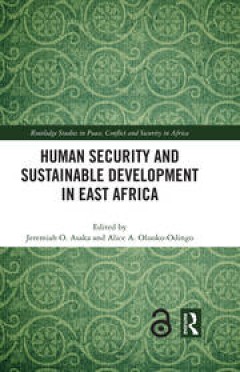
Human Security and Sustainable Development in East Africa
ABSTRACT This book investigates contemporary human security issues in East Africa, setting forth policy recommendations and a research agenda for future studies. Human security takes a people-centered rather than state-centered approach to security issues, focusing on whether people feel safe, free from fear, want, and indignity. This book investigates human security in East Africa, encompa…
- Edition
- -
- ISBN/ISSN
- 9781003221081
- Collation
- -
- Series Title
- -
- Call Number
- -
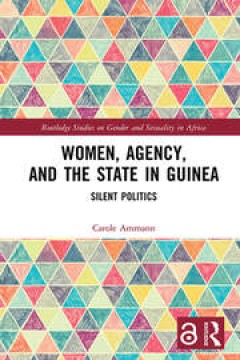
Women, Agency, and the State in Guinea
ABSTRACT This book examines how women in Guinea articulate themselves politically within and outside institutional politics. It documents the everyday practices that local female actors adopt to deal with the continuous economic, political, and social insecurities that emerge in times of political transformations. Carole Ammann argues that women’s political articulations in Muslim Guine…
- Edition
- -
- ISBN/ISSN
- 9780429199547
- Collation
- -
- Series Title
- -
- Call Number
- -
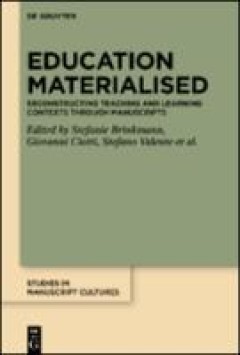
Education Materialised: Reconstructing Teaching and Learning Contexts through…
This volume reveals how manuscripts may be used in gaining knowledge of educational practices across Africa, Asia and Europe from the Babylonian period up to the twentieth century. Four major research topics are addressed: transmission of knowledge through institutional or private educational settings, organisation of knowledge as reflected in syllabi, exegetical practices and annotations, adap…
- Edition
- -
- ISBN/ISSN
- 9783110741124
- Collation
- -
- Series Title
- -
- Call Number
- -
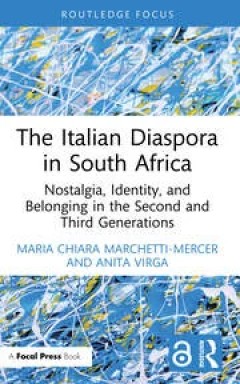
The Italian Diaspora in South Africa
ABSTRACT This book investigates the experiences of second- and third-generation Italians living in South Africa, exploring how nostalgia for Italy influences their sense of identity and belonging. The Italian community in South Africa is a unique diaspora, with a complex history, including roots in Italian colonial activities in Africa, and in World War II. This book looks at how the descen…
- Edition
- -
- ISBN/ISSN
- 9781003266884
- Collation
- -
- Series Title
- -
- Call Number
- -
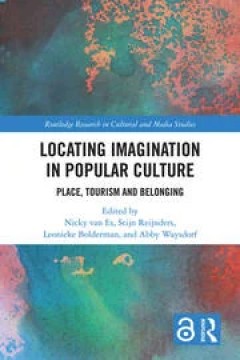
Locating Imagination in Popular Culture
Locating Imagination in Popular Culture offers a multi-disciplinary account of the ways in which popular culture, tourism and notions of place intertwine in an environment characterized by ongoing processes of globalization, digitization and an increasingly ubiquitous nature of multi-media. Centred around the concept of imagination, the authors demonstrate how popular culture and media are b…
- Edition
- -
- ISBN/ISSN
- 9781003045359
- Collation
- -
- Series Title
- -
- Call Number
- 370
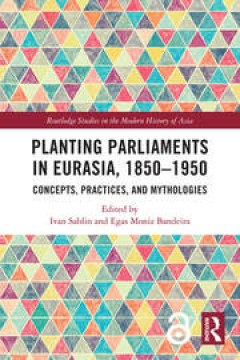
Planting Parliaments in Eurasia, 1850–1950
Parliaments are often seen as Western European and North American institutions and their establishment in other parts of the world as a derivative and mostly defective process. This book challenges such Eurocentric visions by retracing the evolution of modern institutions of collective decision-making in Eurasia. Breaching the divide between different area studies, the book provides nine case s…
- Edition
- -
- ISBN/ISSN
- 9781003158608
- Collation
- -
- Series Title
- -
- Call Number
- 370
 Computer Science, Information & General Works
Computer Science, Information & General Works  Philosophy & Psychology
Philosophy & Psychology  Religion
Religion  Social Sciences
Social Sciences  Language
Language  Pure Science
Pure Science  Applied Sciences
Applied Sciences  Art & Recreation
Art & Recreation  Literature
Literature  History & Geography
History & Geography